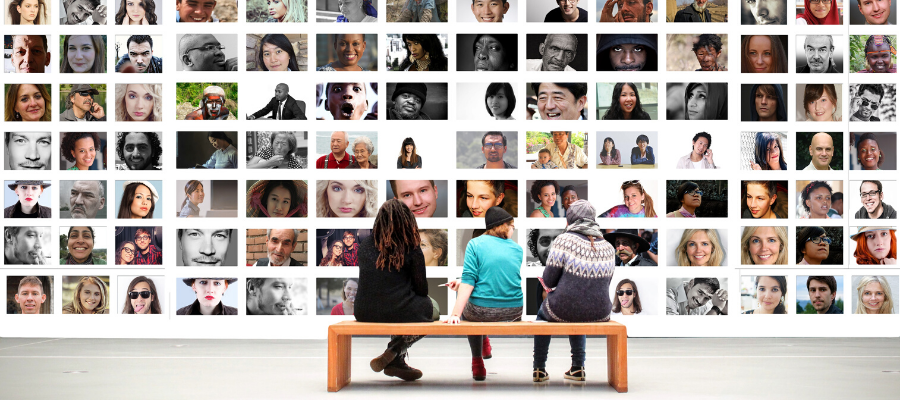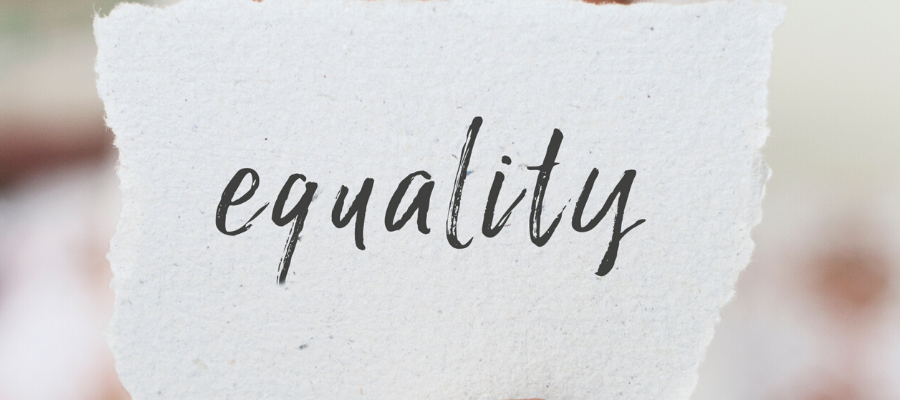Does Race Have Any Scientific Basis?
02
Apr 2018
Is race a social construct? Is there any scientific basis for race? If racial categories were drawn arbitrarily by white colonizers and imperialists, can we conclude that that racial categories are themselves racist?
Read moreAn Egalitarian Case for the SAT
03
Apr 2018
The SAT has long been an important factor colleges consider when evaluating applicants, but it has also been the subject of abundant criticism regarding its ability to assess students fairly, without reflecting socioeconomic inequalities into college admissions.
Read moreWho Gets To Decide the Truth?
16
Apr 2018
It isn't just the United States that is preoccupied with the threat of fake news. In Malaysia, a bill outlawing fake news just passed. The new law could mean jail time for those who not only create but also spread misleading information.
Read moreThe End of Privacy
06
Apr 2018
Once upon a time, your home was considered your castle, a sphere of absolute privacy, where you could reliably escape prying eyes. No one, except perhaps the constable, dared even enter one’s home without permission.
Read moreCan Technologies Be Monstrous?
08
Apr 2018
This year marks the 200th anniversary of Mary Shelley’s brilliant novel, Frankenstein. So it’s a good time to ask: can technologies be monstrous? Can human beings create devices and platforms that run beyond our intentions and out of our control? What dangerous technologies may be lurking on the horizon?
Read moreSelf Help, Nietzsche, and the Patriarchy
10
Apr 2018
How did self-help go so wrong? Philosophy Talk featured contributor David Livingstone Smith explains the atrocious politics of popular self-help guru Jordan Peterson and the links between the toxic ideas embedded in Peterson's shtick.
Read moreAre We Really All Equals?
25
Apr 2018
Most of us hold the deep moral commitment that we are all equal in some basic way. All humans are worthy of equal (moral) concern, respect, and dignity. But is a commitment to basic equality enough to ground meaningful principles of justice?
Read moreTrolling, Bullying, and Flame Wars
13
Apr 2018
Are trolling, bullying, and flame wars an inevitable result of online communication? Does the anonymity and invisibility of cyberspace lead to toxic speech and behavior? How can we create more toxic-free environments online?
Read moreThe “Complicated” Causes of Gun Death (Part II)
20
Apr 2018
Despite how obvious it is that the perpetually recurring "arguments" given against gun control are bad, many people in the United States are taken in by them. So why aren't these bad arguments more easily dismissed?
Read moreStop Silencing Sex Workers
23
Apr 2018
The popular imagination typically pits feminism and free speech advocacy against each other. But in reality, they often align. The new SESTA-FOSTA bill is a case in point. Both feminists and free speech advocates should strongly oppose this law, and for closely related reasons.
Read moreTechnology Ethics
04
Apr 2018
"Move fast and break things" is well known as Facebook's former motto, but it may well be the motto of all of Silicon Valley. Put another way, the Valley builds first, and deals with the consequences later. But this approach is creating bigger and bigger problems.
Read moreToppling the Dehumanization Thesis
30
Apr 2018
Perpetrators of some of the worst atrocities in human history have used rhetoric that labels the group they oppress as animals or objects, like "vermin" or "roaches." But is this kind of dehumanization required for humans to commit violent atrocities?
Read moreThe Not-So-Goodness of Liberalism?
18
Apr 2018
Is liberalism really the "unmitigated good" many of us Westerners believe it is? Is more freedom always a good thing? Shadi Hamid explores these questions, questioning whether liberalism truly is ideologically neutral.
Read moreA Case for Conservative Universities
12
Apr 2018
Some argue that American universities mainly cater to liberal academics and liberal thought. Is there a case to be made, then, for support of "conservative schools" in higher education? Journalist Rachel Lu holds this view in the affirmative.
Read more












